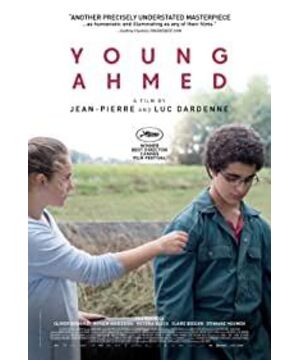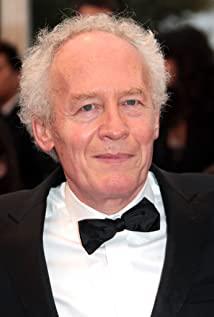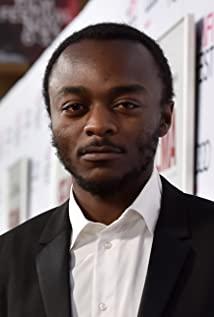Ahmed's behavior/camera movement is always "restricted" by the objective environment. While the "authenticity" of the space is prominent, (one shot records a complete action) the audience keeps questioning the correctness of his actions?
The objectivity of the screen/the subjectivity of the characters, the visible/invisible people and things in the mise-en-scene are invited/rejected from the frame - the god who is never visible VS the emotion that is deliberately blind; "Justice (or Evil)", and the unseen outside becomes heresy. It needs to disappear forever, to resolve disputes through destruction.
Ahmed extends the closed/open inner game in the success/failure of space transformation by interacting with the open/closed door in each shot/space/action;
In the narrative context, scheduling, editing, pause, and movement are the answer sheets for the first second/shot, and foreshadowing for the next second/shot; in the coherent block time, expectations and direct attacks, conflicts and accidents, emotions and Action, firmness and unease, purity and filth (right and wrong) are then indistinguishable, and the suspense of this moment to be determined induces a new round of sensory stimulation; the criteria of judgment are deliberately laissez-faire and piled up until the end is revealed.
Question: Is it appropriate to place the source of bewitchment in adolescence when the father lost his father? Blame him for being young?
View more about Young Ahmed reviews











